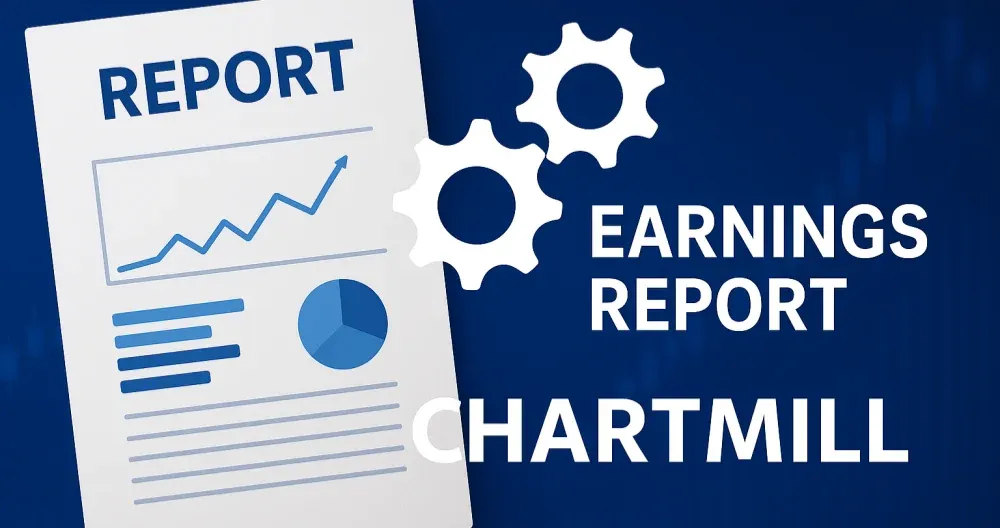Duke Energy Corp (NYSE:DUK) reported its second-quarter 2025 financial results, surpassing analyst expectations on both revenue and earnings per share (EPS). The company’s performance has been met with positive market sentiment, as reflected in its pre-market and recent price action.
Q2 2025 Earnings Highlights
- Revenue: Reported at $7.51 billion, exceeding the consensus estimate of $7.29 billion.
- EPS: Came in at $1.25, beating the estimated $1.19.
- Year-over-Year Growth: While exact prior-year figures were not provided, the outperformance against estimates suggests continued operational strength.
Market Reaction
The stock has seen a positive response following the earnings release:
- Pre-market trading showed an uptick of approximately 1.11%, indicating investor optimism.
- Over the past month, shares have gained 5.87%, with a 5.59% rise in the last week alone. This suggests that expectations were already building ahead of the earnings report.
Forward-Looking Estimates
Analysts project the following for Duke Energy:
- Q3 2025 Revenue Estimate: $8.62 billion
- Q3 2025 EPS Estimate: $1.77
- Full-Year 2025 Revenue Estimate: $32.07 billion
- Full-Year 2025 EPS Estimate: $6.38
The company did not provide explicit forward guidance in the press release, but the market appears to be pricing in confidence based on the earnings beat and recent strategic moves, such as the $6 billion investment from Brookfield for a 19.7% stake in Duke Energy Florida.
Key Takeaways from the Press Release
- Duke Energy’s results reflect solid execution in its Electric Utilities and Infrastructure (EU&I) and Gas Utilities and Infrastructure (GU&I) segments.
- The partnership with Brookfield supports an expanded capital plan of $87 billion, signaling long-term growth initiatives.
- The earnings release directs investors to the company’s website for further details, maintaining transparency with stakeholders.
For a deeper dive into Duke Energy’s earnings trends and analyst estimates, visit the earnings and estimates page.
Disclaimer: This article is for informational purposes only and does not constitute investment advice. Investors should conduct their own research or consult a financial advisor before making decisions.



